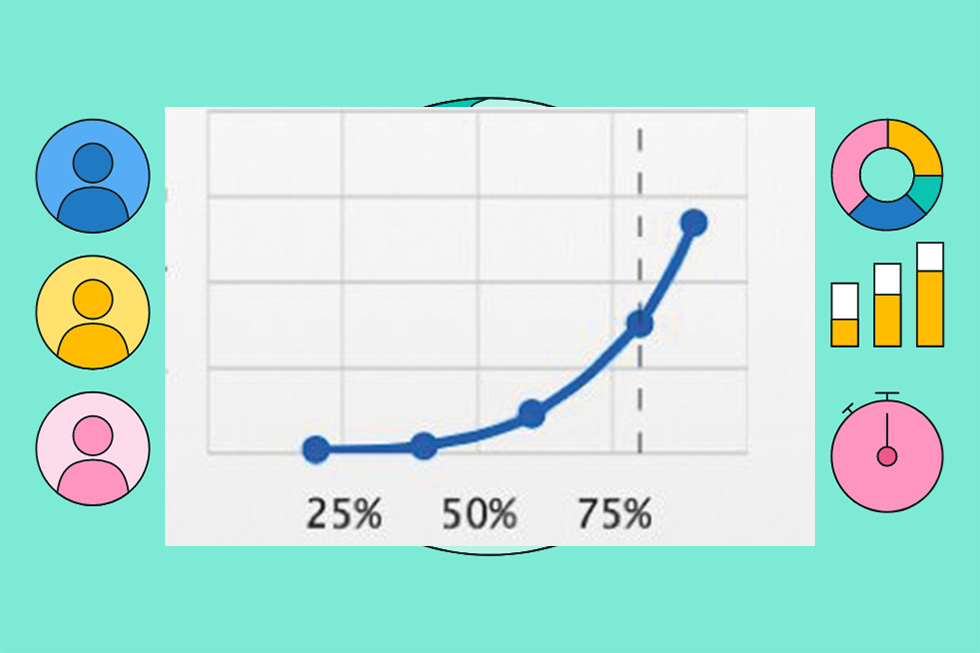Editor’s Observe: That is “Half 2” of a three-part collection. “Half 1” we revealed final month.
The aim of this collection is to establish doubtful charges which are generally charged by sure bank card suppliers. Bear in mind, there’s a lack of enforced requirements within the card processing business and all suppliers don’t impose or calculate charges and costs in the identical method. It’s attainable, subsequently, for 2 suppliers to supply seemingly the identical charges and costs however nonetheless have considerably completely different processing prices to retailers.
Refund Processing Price
All retailers ought to perceive how the supplier processes refunds earlier than they signal the processing settlement. That is particularly necessary for ecommerce firms as a result of they seemingly have extra refunds than the standard card-present retailers.
When a service provider refunds the shopper for a returned merchandise, Visa and MasterCard return the interchange price for the unique sale to the supplier. The interchange fee usually makes up nearly all of the whole processing price. The quantity returned by Visa and MasterCard might not be the precise interchange charged for the sale due to the tiered interchange refund schedule they use. Nonetheless, the overwhelming majority of the interchange is returned to the supplier. Nevertheless, there are not any enforced business requirements that require the supplier to provide the interchange again to the service provider. Even worse, some suppliers not solely pocket the returned interchange however additionally they cost the complete processing price on the refund transaction. This doubtful price prices many ecommerce retailers hundreds of {dollars} annually.
Suppliers usually deal with refunds in considered one of 4 methods.
- Return the whole processing price. Some suppliers not solely return the interchange but in addition return the whole processing price. They could cost a transaction price (say 10 cents) for the sale and the refund.
- Return the interchange. Some suppliers correctly return the interchange to the service provider. They cost their markup (say 0.10 %) and a transaction price on the sale and a transaction price on the refund.
- Maintain the interchange. Some suppliers hold the interchange. In actual fact, they hold the whole processing price change on the sale and cost a transaction price on the refund.
- Maintain the interchange and cost one other processing price on the refund. Some suppliers hold the whole processing price, together with the interchange, charged on the sale after which cost one other processing price on the refund.
The price distinction between Supplier 1 and 4, within the examples above, may be large even when they each provide the identical charges and costs. For instance, say a service provider had 50 refunds totaling $10,000 and say the efficient fee was 2.5 % + $0.10 per transaction. Supplier 1 would cost solely 50 transaction charges for the gross sales and 50 transaction charges for the refunds — for a complete of $10. Supplier 4 would cost 2.5 % + $0.10 on the $10,000 in gross sales after which cost 2.5 % + $0.10 on $10,000 in refunds — totaling $510. The distinction between Supplier 1’s $10 price and Supplier 2’s $510 price is materials, particularly when you think about the service provider’s internet gross sales have been zero for these transactions.
Tackle Verification Service Price
The handle verification service price — AVS — is a fraud discount software supplied by bank card associations and issuing banks to verify the bank card billing addresses submitted by prospects. Sadly, the AVS price is one essentially the most hidden and deceptive charges utilized by some suppliers, to generate income at a service provider’s expense. This price can have a fabric affect, particularly for retailers with a low common sale quantity or a really excessive transaction quantity.
Furthermore, many salespeople and customer support private at service provider account suppliers have no idea the true charges charged by the cardboard firms. They could say that the AVS price charged by the supplier is a card firm price and never their price. This isn’t essentially correct.
In actual fact, MasterCard prices a $0.0075 (0.75 cents) per transaction AVS price for ecommerce and different card-not-present retailers when the service provider makes use of handle verification service to validate a cardholder’s handle. MasterCard additionally prices a $0.005 (0.5 cents) per transaction AVS price for card-present retailers once they use the service. Nonetheless, some suppliers will attempt to cost their very own AVS price on all debit and bank card transactions. Typically, these suppliers will cost $0.05 to $0.15 per transaction. For these suppliers, the AVS could also be used to make their fee of say 0.10 % + $0.05 look higher than the competitor’s fee of 0.10 % + $0.10 when in actual fact they’re charging a $0.10 AVS price on high of the speed and the competitor doesn’t cost an AVS price.
American Specific Transaction Price
It wouldn’t be shocking to search out you might be paying the next per transaction price for American Specific than you might be for Visa, MasterCard, and Uncover. When auditing statements, it isn’t uncommon for me to see the Amex transaction price charged by the supplier to be 2 to 4 occasions greater than the opposite card manufacturers. There isn’t a justification for the massive distinction in these transaction charges aside from the supplier is aware of the service provider isn’t involved with the price. It may be one other doubtful income generator for the supplier.
Observe: This collection continues at “Half 3.”











